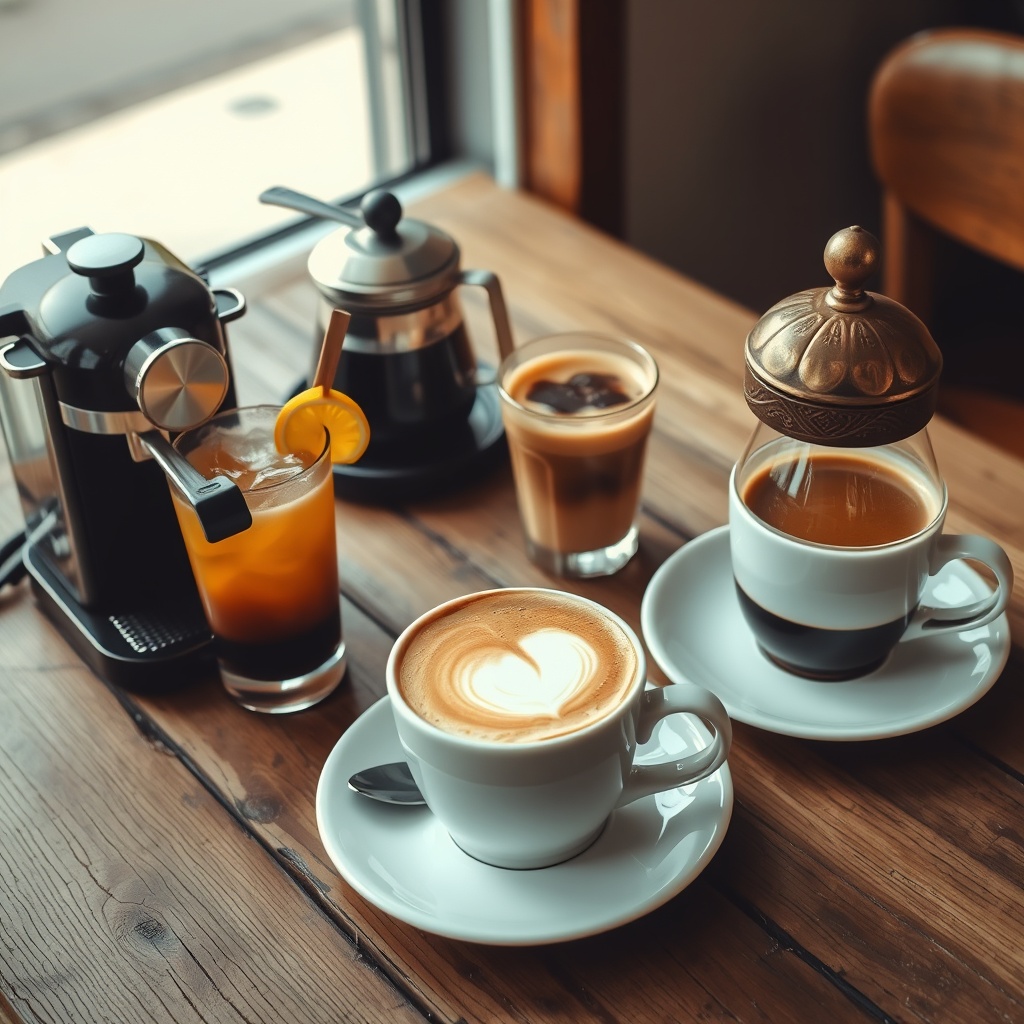Introduction
It’s estimated that over 2 billion cups of coffee are consumed every single day. What began as a wild plant in the forests of Ethiopia has become one of the most widespread and beloved daily rituals across the globe.
But coffee is more than just a beverage. It’s a connector, a cultural symbol, and for many, a small act of daily meaning. So how did this humble bean become such a powerful global habit—and why does it still matter so much today?
From Goat Herds to Global Trade
The origins of coffee trace back to 9th-century Ethiopia, where legend tells of a goat herder named Kaldi who noticed his animals becoming energetic after eating berries from a certain tree. From there, coffee made its way to the Arabian Peninsula, where it became popular in Sufi circles for spiritual wakefulness.
By the 16th century, coffee had spread across the Middle East, North Africa and into Europe, eventually becoming a key player in global trade. Colonial powers grew coffee on plantations in Asia, the Caribbean and Latin America—often at great human cost.
Today, coffee is grown in over 70 countries and is one of the most traded commodities in the world.
Coffeehouses: The First Social Networks
In cities like Cairo, Istanbul and London, the rise of coffeehouses changed public life. These were places not just to drink coffee, but to exchange ideas, read the news, and engage in debate. In fact, 17th-century English coffeehouses were often called “penny universities”—places where for the price of a cup, you could access ideas, literature and lively conversation.
Even today, coffeehouses remain cultural hubs. From Parisian cafés to Silicon Valley startup lounges, they serve as third spaces between home and work, private and public.
Coffee as a Personal Ritual
Despite its global reach, coffee retains deeply personal meaning. For many, it marks the beginning of the day—a small ritual of waking up, slowing down, or preparing for what’s ahead.
Common patterns include:
- Brewing a pour-over in silence
- Sharing a cup with a loved one
- Sipping while journaling or planning
- Taking a coffee break as a mental reset
In a busy, often fragmented world, these moments can serve as anchors.
A Cultural Chameleon
One of coffee’s strengths is its adaptability. It takes on different forms and meanings in different cultures:
- Italy: Espresso at the bar, quick and strong
- Sweden: Fika—a daily pause with coffee and cake
- Vietnam: Iced with sweetened condensed milk (cà phê sữa đá)
- Ethiopia: A slow, ceremonial preparation shared with guests
- United States: On-the-go convenience, from drive-thrus to oversized mugs
Each style tells a story—not just about taste, but about time, pace, and values.
Coffee and Identity
More than ever, coffee is tied to personal identity and lifestyle. Choices about beans, brewing methods, fair trade, plant-based milk or even reusable cups signal values—about the environment, global equity, or aesthetic sensibility.
It’s not just what you drink. It’s how you drink it, and what that says about you.
Conclusion
Coffee’s journey from wild shrub to worldwide ritual is a story of history, culture, connection and adaptation. Whether it’s shared among friends, prepared alone at dawn, or consumed in the rush between meetings, coffee has a unique ability to blend the personal with the universal.
It’s a habit, a comfort, a statement—and in many ways, a quiet celebration of being alive and awake in the world.
This article was generated by AI.
